Council united in mission
National
After more than four years of discernment, the Fifth Plenary Council passed 35 motions aimed at helping to make the Church in Australia to be more missionary and Christ-centred.
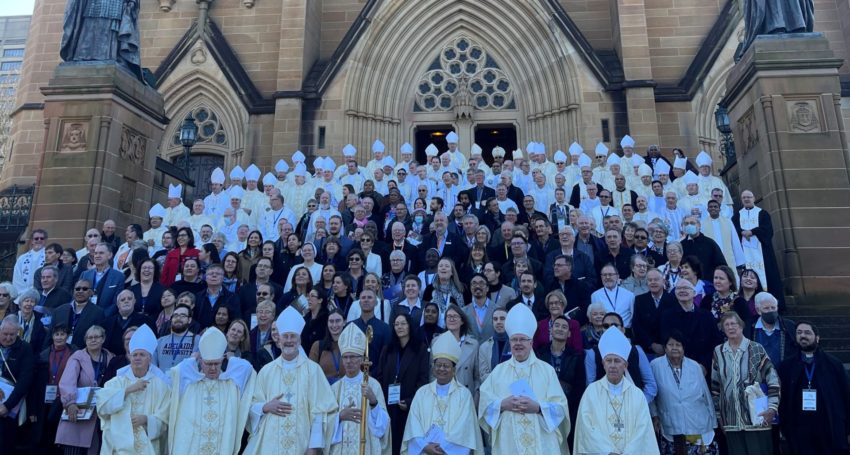
The final assembly of the historic Council concluded on July 9 with members giving a standing ovation to president Archbishop Timothy Costelloe SDB as he formally declared the Council closed.
Prior to celebrating the closing Mass in St Mary’s Cathedral, Council members confirmed the decrees of the Fifth Plenary Council of Australia, which were then signed by all bishops present. After the November meeting of the Australian Catholic Bishops Conference, the decrees will be sent to the Holy See. Once recognitio is received by the Holy See, the decrees will be implemented and become the law of the Church in Australia six months later.
Advertisement
Members also approved a concluding statement signed by all members of the assembly, reflecting on the discernment that took place over those days.
The statement said the Council had been an “expression of the synodality that Pope Francis has identified as a key dimension of the Church’s life in the third millennium”.
“Synodality is the way of being a pilgrim Church, a Church that journeys together and listens together, so that we might more faithfully act together in responding to our God-given vocation and mission,” it said.
Acknowledging that while some moments during the week had been “calm and harmonious”, others were “tense and difficult”, the statement also said “every moment has been blessed; the entire week has been grace-filled, though never a cheap grace”.
“The Holy Spirit has been both comforter and disrupter.”
After a dramatic turn of events on the third full day of the assembly, when two motions relating to the role of women in the Church did not pass and about 70 of the 277 members protested silently by not returning to their tables, Council members commenced “new patterns of listening and dialogue”, the statement said.
At the time, Plenary Council vice president Bishop Shane Mackinlay said it had clearly been an emotional time for many members, but that what had ensued was a sign of the “journeying together” the Council had promoted.
“We were able to hear from members – women firstly, but also from men – about how we can better respond to and recognise the gifts that women offer in service of the Gospel,” he said.
A four-person writing group was established to receive recommendations from members for the drafting of revised motions. The new motions received overwhelming support later in the week.
Sr Melissa Dwyer FDCC , who was part of the writing group, said the group “wanted to honour the diverse range of experience that we have experienced first-hand here during the Plenary assembly”.
“We acknowledge that it is not the beginning. Much work and much good work has been done for years by both women and men and yet we seek to highlight that there is much to be done on the journey ahead,” she said.
Advertisement
On Friday, Council members also passed a series of motions in Part 5, ‘Communion in Grace: Sacrament to the World’, and Part 6, ‘Formation and Leadership for Mission and Ministry’.
Among the motions in those parts of the document were ones related to the sacrament of penance, including asking the Holy See to consider the use of the third rite in certain circumstances, review of the ministry of preaching and the development of formation programs. The only motion not passed was a recommendation to request Canon Law be amended to enable, where appropriate, “those entrusted with this ministry of Preaching to preach in the Eucharistic assembly”.
Earlier in the week, members voted in favour of motions aimed at strengthening the Catholic Church’s commitment to First Nations people including developing options for the appropriate use of their symbols and rituals in Catholic liturgies. This followed moving testimonies from Indigenous members Erica Bernard and Mary O’Reeri about the meaning of their rituals and culture as well as the importance of the Church “walking with us”.
“Today’s motions will help to bring Christ to our children, the next generation,” Mary said. “We can do it together and let’s bring it on.”
Related Story
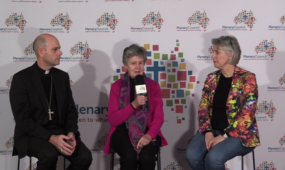 National
National
Council passes motions on integral ecology, governance
A clear majority of the bishops and members also supported the motions grouped under the theme of ‘Choosing Repentance – Seeking Healing’. These included saying sorry to the victims and survivors of abuse, their families and communities, and recommitting the Church to respond with justice and compassion to those who have suffered from the trauma of abuse including, where appropriate, ongoing pastoral and spiritual support and accompaniment.
One of Adelaide’s eight Plenary Councnil members, Julian Nguyen, said members were “tired but hopeful” after the six-day assembly, and he appreciated the opportunity for deeper discernment and more informed decision-making after the format was “rejigged” during the week.
Speaking after the closing Mass, Archbishop Costelloe said the Council was an example of the “whole Church, in a representative way, coming together for something worthwhile”.
“I feel a great deal of gratitude, relief and sense of hope for the future.”
Information on all the motions and voting outcomes can be found on the Motions and Voting page of the Plenary Council website.




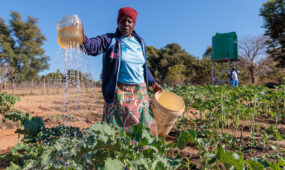
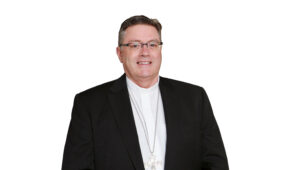
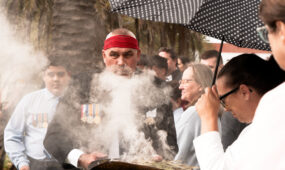

Comments
Show comments Hide comments